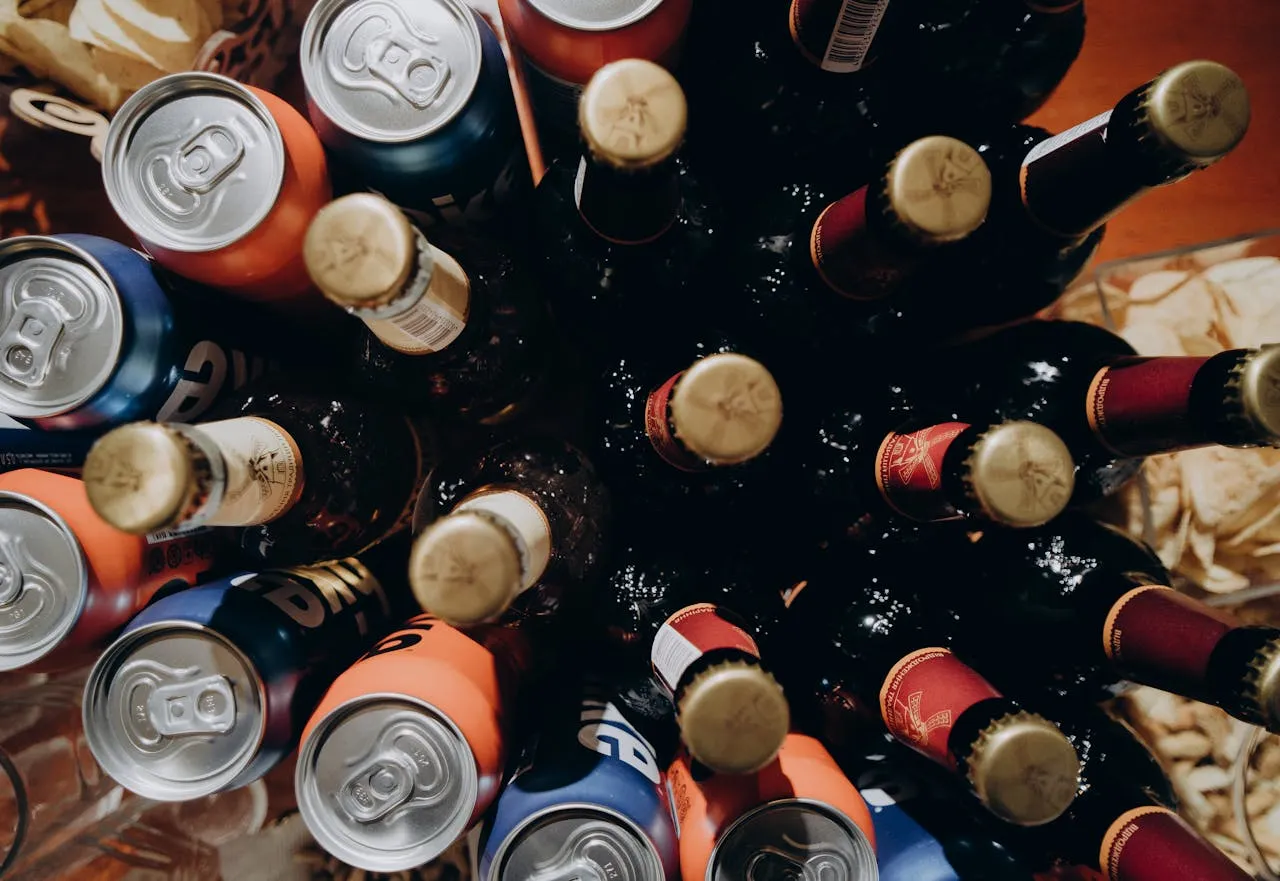
Kirin Holdings Company, Limited (Kirin) (TOKYO: 2503) has announced the successful development of an innovative seedling cultivation technology designed to improve the resilience of hops, one of the most essential ingredients in beer. The technology enables hop seedlings to acquire tolerance to heat and drought without compromising the flavor qualities that are crucial to brewing. This breakthrough directly addresses mounting concerns in the global brewing industry, where climate change is increasingly threatening the stability of raw material supplies.
The new method, which strengthens hop plants during the early stages of cultivation, was presented at the Scientific-Technical Commission of the International Hop Growers’ Convention in June 2025. It represents a key step forward in developing sustainable agricultural practices that safeguard both yields and product quality.
The Urgency: Hops Under Climate Stress
Global warming has become a pressing challenge for agriculture, with plants particularly vulnerable to heat stress. When temperatures rise beyond their optimal range, plants can experience inhibited growth, stunted development, and even physiological damage. In the case of hops—a crop that thrives in cooler climates—sustained heat and drought conditions have begun to reduce both the quantity and the quality of harvests around the world.
The implications extend far beyond farmers’ fields. Declines in hop yield and quality not only increase the cost of raw materials but also pose risks to beer flavor consistency, which is heavily reliant on hop-derived aroma and bitterness. As hops remain central to the identity of many beers, from crisp lagers to complex craft brews, the search for climate-resilient cultivation methods has become an urgent priority for brewers and growers alike.
Without intervention, worsening environmental conditions could disrupt global beer supply chains, impact profitability, and limit consumer choice. Against this backdrop, Kirin’s new technology offers a practical and timely solution.
Research Approach: Cultivating Resilient Seedlings
Drawing on its extensive expertise in plant cultivation technologies, Kirin researchers devised a unique process to strengthen hop seedlings before they are transplanted into fields. Unlike conventional breeding or genetic modification, which often require years of development and can alter the plant’s natural attributes, Kirin’s approach focuses on physiological conditioning during early growth stages.
The process involves propagating hop seedlings in a controlled liquid medium, where environmental factors can be closely managed. During mass propagation, the seedlings are exposed to a six-week heat treatment at 25°C. This exposure is carefully calibrated to induce tolerance mechanisms within the plants, effectively “training” them to withstand stressful conditions such as elevated heat and limited water availability later in their growth cycle.
This technique allows hop seedlings to develop resilience while maintaining the essential qualities that brewers value, including aroma, bitterness, and flavor integrity. For this research, the Czech hop variety Saaz and the German variety Hersbrucker—both prized for their distinct flavor contributions—were used as test subjects.
Findings: From Lab to Field
To verify the effectiveness of this seedling cultivation method, Kirin conducted both laboratory and field trials, evaluating the plants’ growth performance under simulated and real-world conditions.
Laboratory Trials:
In controlled experiments designed to replicate high-temperature and drought stress, heat-treated plants consistently outperformed untreated control plants. The treated seedlings displayed greater plant height and higher chlorophyll content, indicating more robust photosynthesis. Since chlorophyll levels often decrease under stress—causing leaves to pale or whiten—the retention of this pigment underscored the plants’ improved health and resilience.

Notably, drought condition testing was performed using the Saaz variety, one of the most climate-sensitive hops. Even under these challenging conditions, the seedlings demonstrated stronger growth metrics compared to untreated counterparts.
Field Trials in Iwate Prefecture:
Beyond laboratory testing, Kirin extended its evaluations to test fields in Esashi City, Iwate Prefecture, a region with a longstanding tradition of hop cultivation. Here, heat-treated hop plants were observed to grow significantly taller and heavier above ground compared to untreated plants. The enhanced vigor translated into a tendency toward higher cone yields, a critical outcome for both growers and brewers.
Together, these findings confirm that the technology not only bolsters resilience but also supports improved productivity in real cultivation environments.
Implications for Sustainable Brewing
Kirin’s breakthrough could reshape how hop cultivation adapts to climate change. By making plants more resistant to heat and drought during their early life stages, farmers may be able to mitigate risks associated with unpredictable weather, securing stable supplies of high-quality hops for years to come.
For brewers, this ensures consistency in the sensory profiles of beers, which depend heavily on the delicate balance of flavors and aromas contributed by hops. For consumers, it means continued access to the wide variety of beer styles they enjoy, even as environmental conditions grow harsher.
The benefits also extend to sustainability. By reducing the vulnerability of hop crops, growers may avoid the need for excessive resource use, such as increased irrigation, fertilizers, or energy-intensive climate controls. In this way, Kirin’s method contributes to more resource-efficient farming, aligning with global efforts to reduce the environmental footprint of agriculture.
Building on a History of Innovation
This achievement builds on Kirin’s longstanding commitment to agricultural research and innovation. The company has previously developed a world-first technology to promote axillary bud formation in hops, a breakthrough that improved the efficiency of mass propagation. Such advances underscore Kirin’s broader strategy of combining brewing expertise with scientific research to secure sustainable raw materials.
The development of this new seedling cultivation method highlights how traditional industries like brewing can embrace cutting-edge science to confront modern challenges. Rather than relying solely on external suppliers or short-term solutions, Kirin is investing in long-term resilience for its supply chains.




